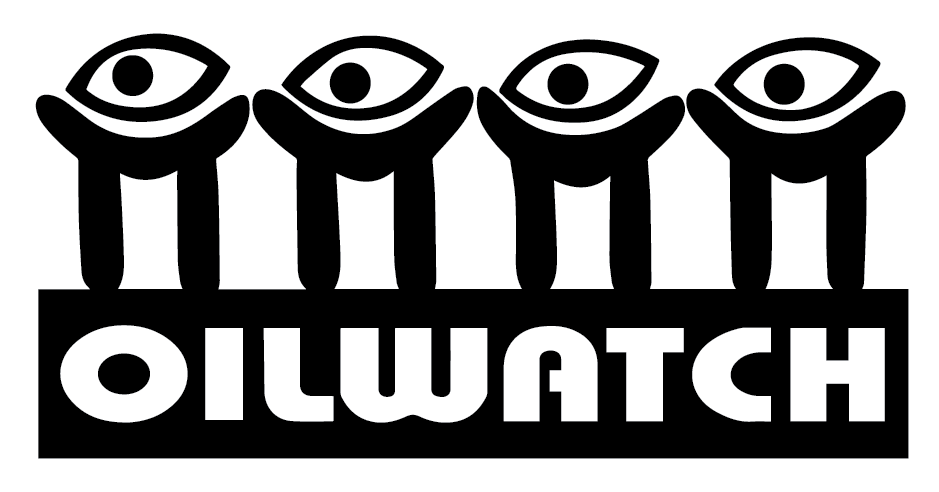CHINA’S EXPANDING OIL VENTURES FUEL ANGER IN WESTERN BURMA.
New York and Hong Kong Stock Exchange-listed CNOOC behind series of abuses on oil exploration project, says report
BANGKOK – An unregulated scramble for oil and gas by Chinese companies in Burma is exacerbating poverty and creating a potential environmental and security flashpoint that could have repercussions throughout the region, a study released today revealed.
“Blocking Freedom”, a damning new report by environmental and human rights group Arakan Oil Watch said that Chinese companies have been working together with Burma’s military regime to confiscate land and farms, and damage crops and destroy livelihoods by polluting soil and waterways as they search for the oil that will fuel China’s economic development.
“Corporations and their supporting governments engaged in the oil and gas sector in Burma must ensure they follow international standards on local people’s rights, and ensure environmental and revenue transparency,” said Jockai Khaing, director of Arakan Oil Watch. “Until then, we are demanding that they stop oil and gas exploration in Burma.”
The report is primarily based on data taken by secretly and in dangerous conditions over a period of two years from Arakan state’s Ramree Island, where a consortium led by China National Offshore Oil Company Ltd. (CNOOC ltd.) had been exploring for oil in an area known as Block M since 2005. The New York and Hong Kong Stock Exchange-listed CNOOC partnered on the project with Singapore-based Golden Aaron Pte. Ltd. owned by Stephen Law, son of notorious drug baron Lo Hsing Han in their ventures.
Local people, who have for centuries been surviving on traditional hand dug-wells, were evicted from their lands without warning and deprived of their livelihoods and property, the report said. Local frustration erupted in April 2007 when affected villagers took the law into their own hands, breaking into and ransacking a CNOOC drilling site. The resulting crackdown by local army militia drove some 70 villagers to flee from the area, some as far as Thailand and Malaysia.
“Even people in urban centres of Arakan State only have a few hours of electricity per day, so you can imagine the anger of the people when the regime exports the resources to neighbours for cash that they never see,” Jockai added.
China plans to use the island as its new gateway to the Indian Ocean, with a huge deep-sea port under development at Kyauk Phyu, from which oil and gas pipelines will traverse Burma to China’s Yunnan province across populated areas of central Burma.
As at Ramree, it is likely local communities will be the biggest losers in Burma. Chinese firms have been awarded the right to exploit 16 onshore and offshore oil and gas blocks, more than any of the other 11 countries currently investing in Burma’s oil and gas sector.
“Chinese and many other oil companies operating in Burma have impressive corporate social responsibility statements. Unfortunately in Burma, these statements are simply empty rhetoric,” said Jockai.
About Arakan Oil Watch
Arakan Oil Watch (AOW) is an independent non-governmental organization that aims to protect human rights and the environment from the exploitative impacts of extractive industries in Arakan and Burma. AOW educates affected peoples and aims to promote higher levels of transparency by oil and gas players in the region. AOW is a core member of the Shwe Gas Movement and a member of South East Asia Oil Watch.
Media Contacts
Jockai Khaing
Tel: +66-84-0465813
Email: jockai@arakanoilwatch.org
The report will be available at www.arakanoilwatch.org
You can also view the report at www.shwe.org
Or it can be downloaded here
